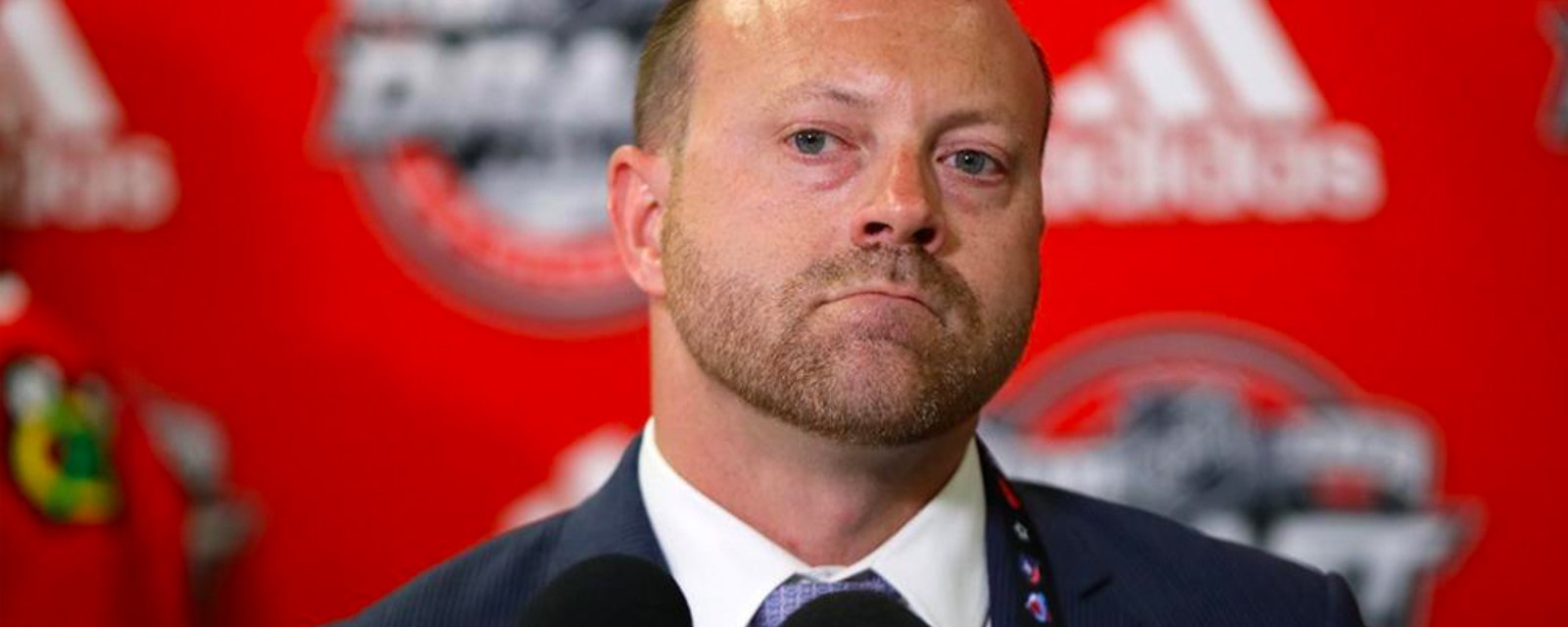
Bowman on the state of the Blackhawks, Seabrook, Nylander and Marc Crawford
The Blackhawks’ GM sets the record straight on a few things.
HockeyFeed
As we near the middle point of the NHL season, we’re beginning to see some separation in the league’s standings. The contenders are beginning to emerge and the pretenders… well they’re going into hibernation. Unfortunately for Chicago Blackhawks fans, it appears that their team will be taking another long hibernation again this season. The Blackhawks are dead last in the NHL’s Central Division and are eight points back of a Wild Card playoff spot. Things don’t look great for the former juggernauts.
As we near the February trade deadline, don’t be surprised if Blackhawks GM Stan Bowman elects to make some moves with an eye to the future. In the meantime though, Bowman addressed some more pressing matters in an exclusive one on one interview with Mark Lazerus of The Athletic.
Read below for some interesting insights from Bowman on Brent Seabrook, Alex Nylander and Marc Crawford:
Q: There’s obviously a lot of consternation among the fan base, and in the room, about the way things are going. How do you feel about the state of this team — where it is now and where it’s headed?
A: Well, we’re an inconsistent team right now, there’s no question about that. Our goalies have been pretty steady all year, so I can’t say anything about them. We can’t seem to put it all together on a consistent basis. We can do it in stretches, we’ve seen that, we’ve beaten some good teams this year, top teams in the league. But we can’t seem to keep it going. So that’s where we are. You see where we are in the standings and they reflect the fact that we’re an up-and-down team. We’re looking for some consistency in our game, because we do some things well. We started slowly on the power play, and I think that didn’t help us much in October. We were doing some good things in other areas of our game, but we weren’t scoring a lot and we lost some close games. We left some points on the board then. I think that our power play has been better lately, but then some of our 5-on-5 play has been mixed. And we end up where we are. We’ve got to find a way to put things together on a more consistent basis. We’ve had some changing lineups due to injuries over the last probably month. The first month, we had pretty much everybody healthy, other than moving guys around to try to find chemistry.
Q: Speaking of Seabrook, he’s a healthy scratch tonight, and that’s the third time this year. He’s got four and a half years left on that contract; we’ve talked about it before. I guess my question is, are you comfortable that this is the new normal, that he’s going to be in and out of the lineup sometimes, and that’s just the way it’ll be?
A: Well, potentially. I’m not ready to prognosticate how many games he’s going to play. I think the fact that it’s happened a couple of times now, it shows a couple things. We have some young players that we’re trying to incorporate into our team. Obviously Boqvist, we’ve talked a lot about him, but Dennis, he took a big step last year and he got the one game late in the year. He brings a different element than pretty much any of our other defensemen with his physicality and his aggressiveness. But he’s become an effective player and we want to see what more he can give. With (Calvin) de Haan out and (Duncan Keith) out, it wasn’t really a problem of who’s going to come out of the lineup. Now with Dunc coming back, it’s a question. That doesn’t mean that Brent’s always going to be the odd man out, that’s not the case.
Q: You mentioned Boqvist, but another rookie, Alex Nylander, has gotten a longer leash than a lot of young players have gotten in the past. He wasn’t producing but he was on that top line for a while, while guys like Dylan Sikura have been in and out over the years. Are you trying to really see what you have in him? What’s the methodology behind him playing so much even when he’s struggling?
A: That’s partially not true. Dylan played 30-some games last year and he didn’t score. He played really well with Jonathan, even though he didn’t score.
There’s no different criteria for (Nylander) than for anybody else. Sometimes, the young offensive players, you — “you” meaning the outsiders — are judging them based on their productivity. But we’re trying to do more with them. Dylan was a good example last year, because he wasn’t scoring but he was actually learning a lot of the details of the game, which are sort of the baseline. For Dylan or for Alex or for Kirby (Dach), for them to be helpful to us as we become a really good team, the baseline has to be there — their habits and their forecheck, their backcheck, their play without the puck, their ability to track the puck and their skating, their pressure on the puck. When the coaches are evaluating how this guy is doing, they’re not always looking at how many goals did he get, how many assists does he have. They’re looking at what did he do, how much is he growing in his role. Last year, Dylan did a good job of that. He had nothing to show for it, but he helped his line in a positive way. Alex was, as well. And at some point those players do have to put it all together. And they have to produce, too. Otherwise, they’re just going to be role players, and we don’t want that to be the case.
So yes, everyone is looking for it all to happen at once, and it hasn’t happened at once for any of those young players. But at the same time, it is a process. And when they’re showing desire to take feedback from the coaches, and when the coaches are sitting with them between games and going through their shifts — when they see them doing a lot of things they had talked about previously, “This is good, this is good, this is good, we want you to be better here.” They’re doing a lot of things well. The other stuff will come in time. Alex is not different than any of the other players that way. You might treat a veteran different because we’re trying to grow the young players to get their habits to the point where the talent can impact the game positively. So it’s not just going out and trying to score, because you get in bad habits doing that. We’re actually trying to get them to learn the fundamentals and be effective players for us without taking shortcuts.
Q: I want to ask you about Marc Crawford. I was very impressed by the statement he made. I think a lot of us assumed he would be gone, but to learn that he had been seeking help and trying to better himself long before the allegations came out, long before he got caught, so to speak — did that play into the decision to keep him? The fact that he had already seen this in himself and tried to do something about it?
A: Yeah, that’s a fair statement. And for me, the biggest thing is when someone gets caught, the natural thing is you want to try to become a better person. The question is, are you getting help because you have no choice but to (do so) in this situation? Marc’s situation is different, though. I think that’s what made an impact, the fact that he recognized he had had a couple of coaching opportunities that ended probably prematurely in Vancouver and Los Angeles. I don’t want to speak for him, but the feeling I got was that he wanted to do something about it and change and become a different person. I think his statement reflects that fact. It’s a more genuine search for transformation as opposed to, “I guess I better go do this to check off a box.” I never got the impression that that’s what happened with Marc. It was motivated by himself, nobody knew about it, it wasn’t broadcast, it wasn’t to check a box. It was for him to change. We certainly talked to a lot of people throughout (the investigation) and we’re comfortable that he is different.
For the full article, click below:
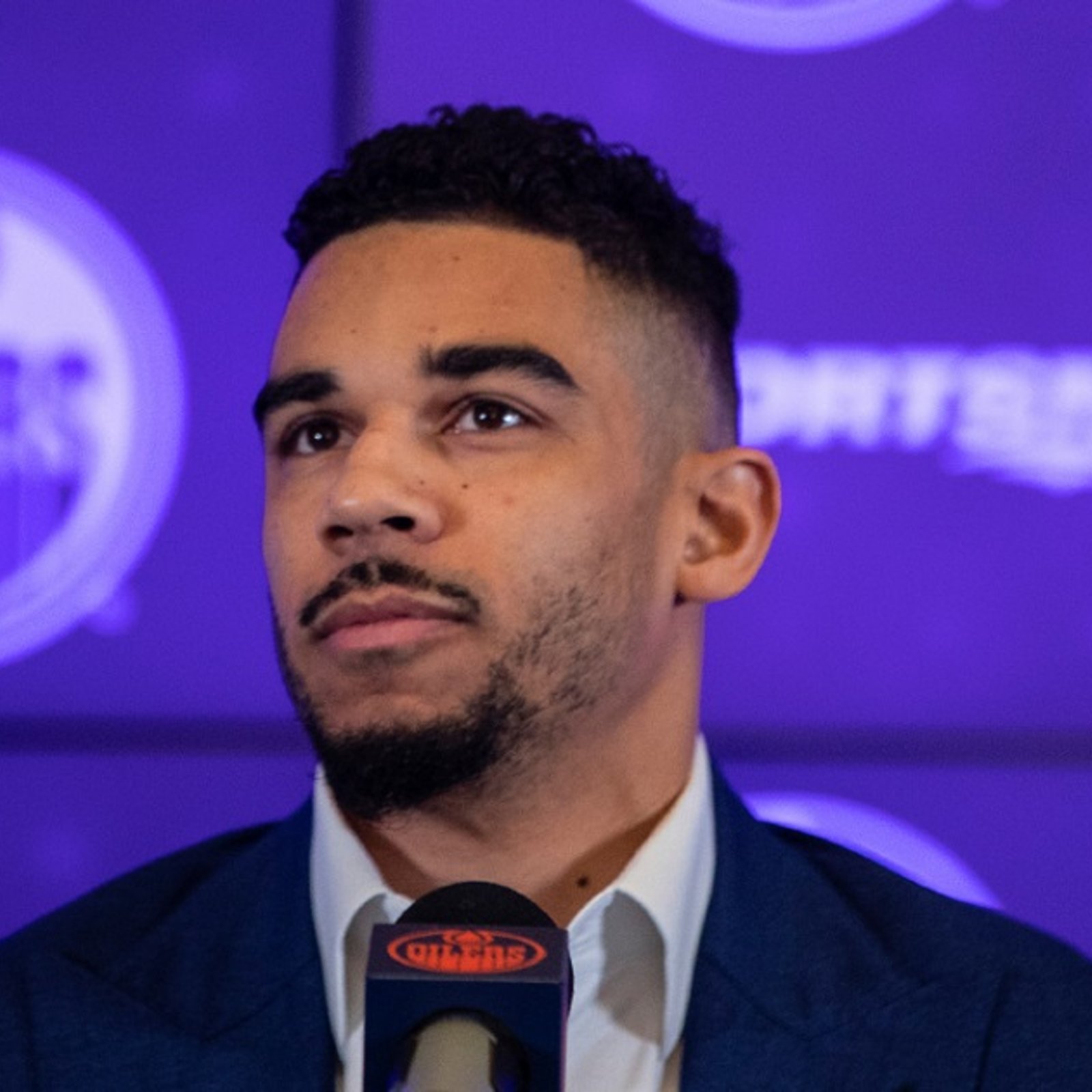
- Jonathan Larivee
Terrible news from Evander Kane just before Game 1.
- NHL News
- 2 minutes read
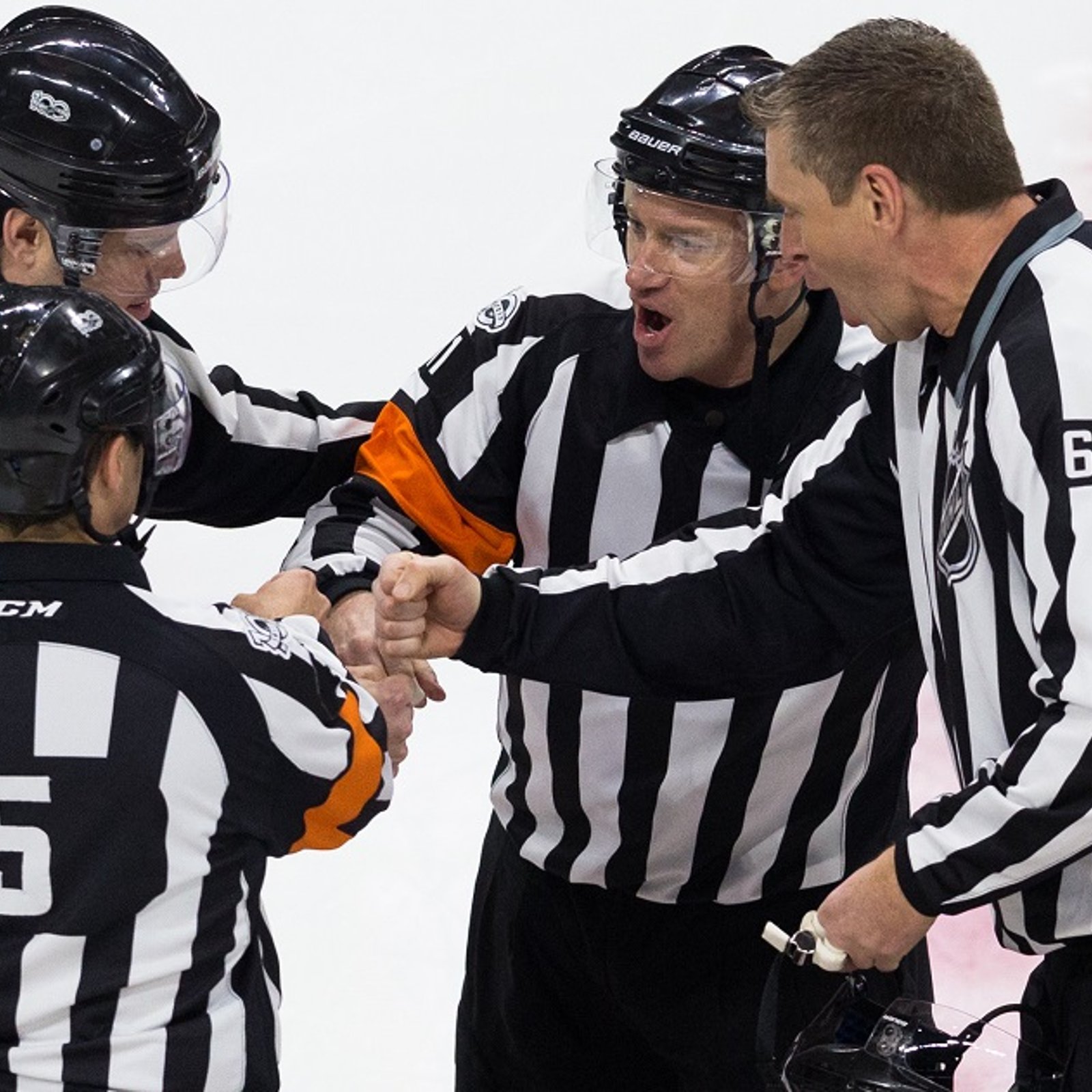
- Jonathan Larivee
Refs intervene over questionable act from Leafs after Game 1.
- NHL News
- 2 minutes read
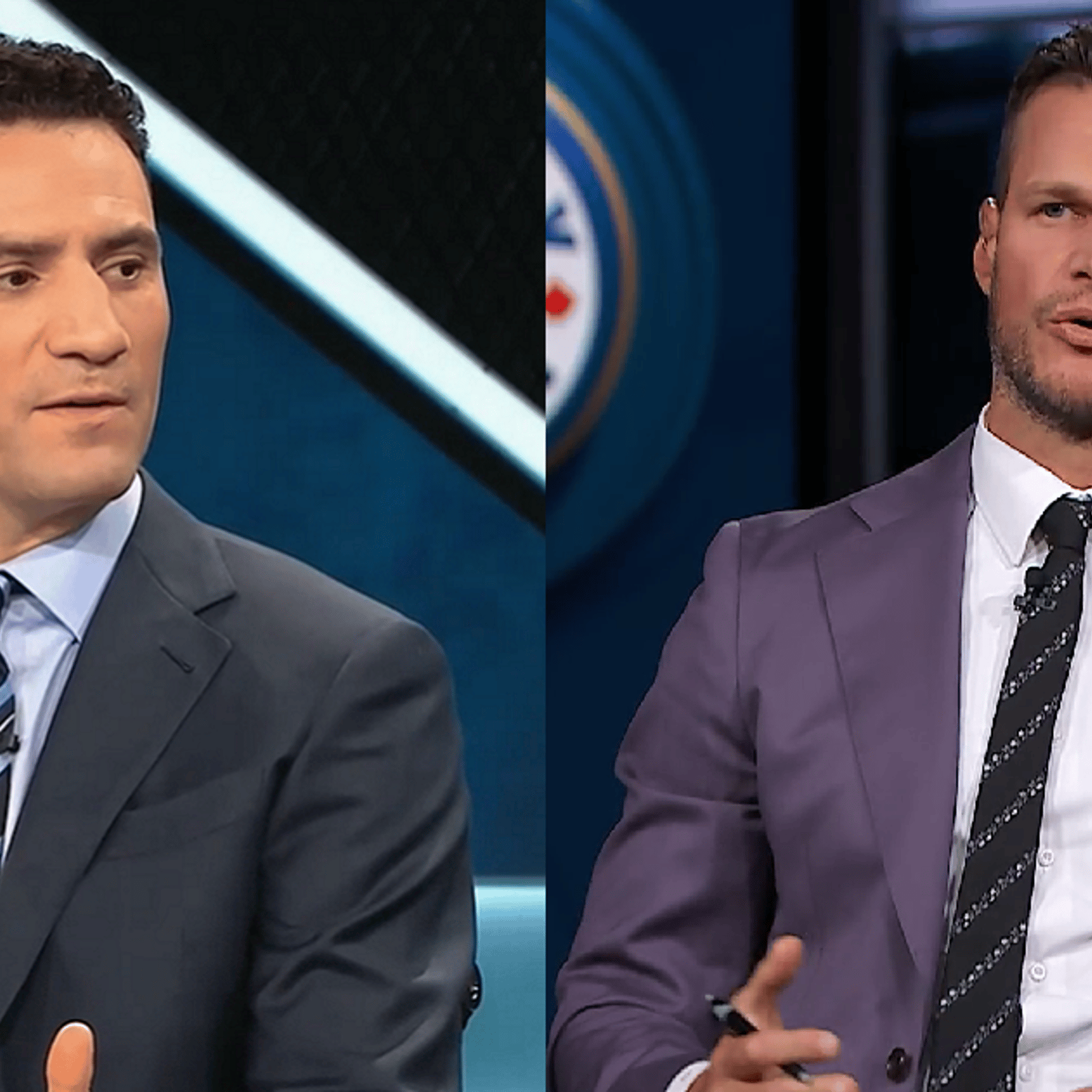
- Jonathan Larivee
Bieksa, Bissonnette call out 2 Maple Leafs after a brutal Game 1.
- NHL News
- 3 minutes read
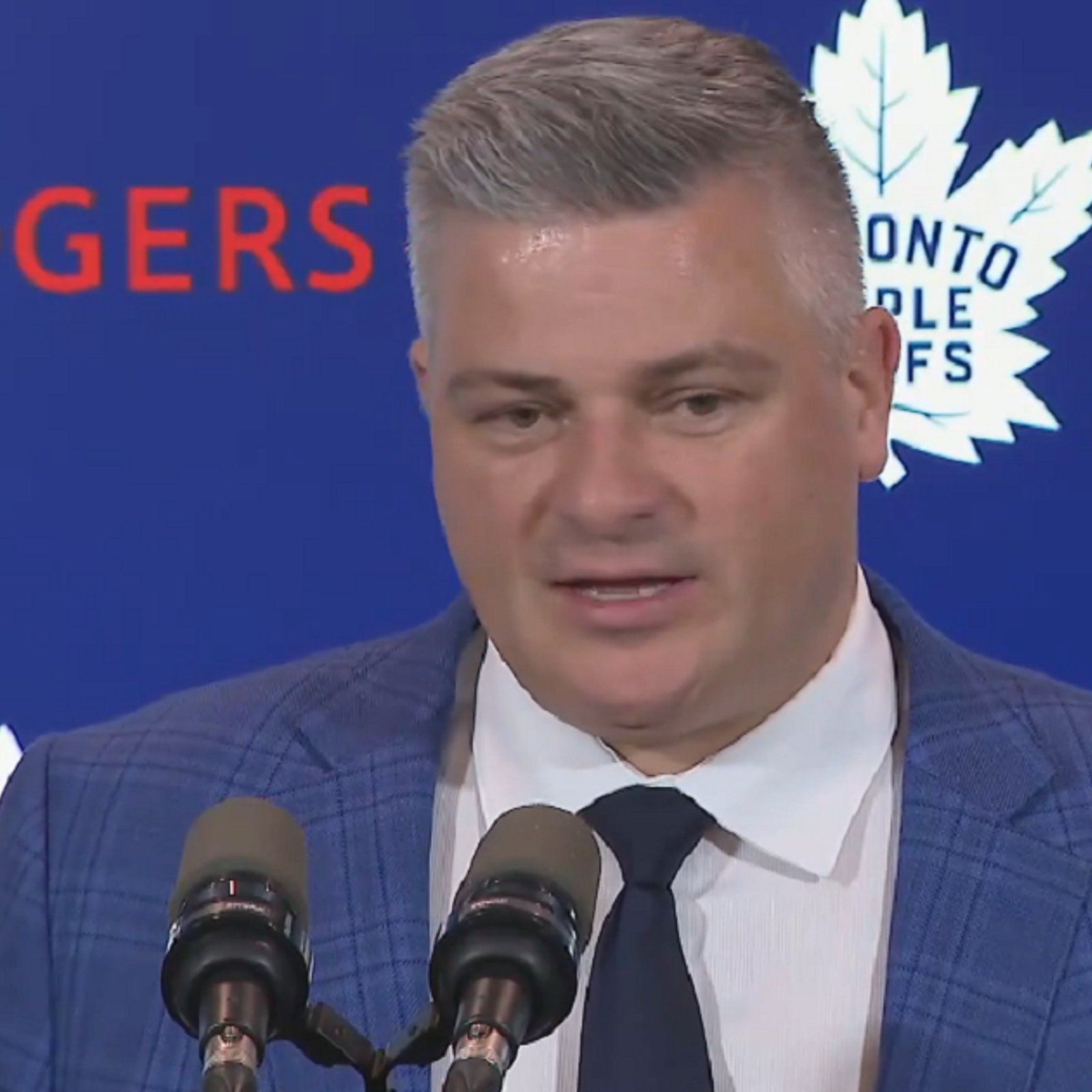
- Jonathan Larivee
Sheldon Keefe calls out Max Domi over Game 1 performance.
- NHL News
- 2 minutes read
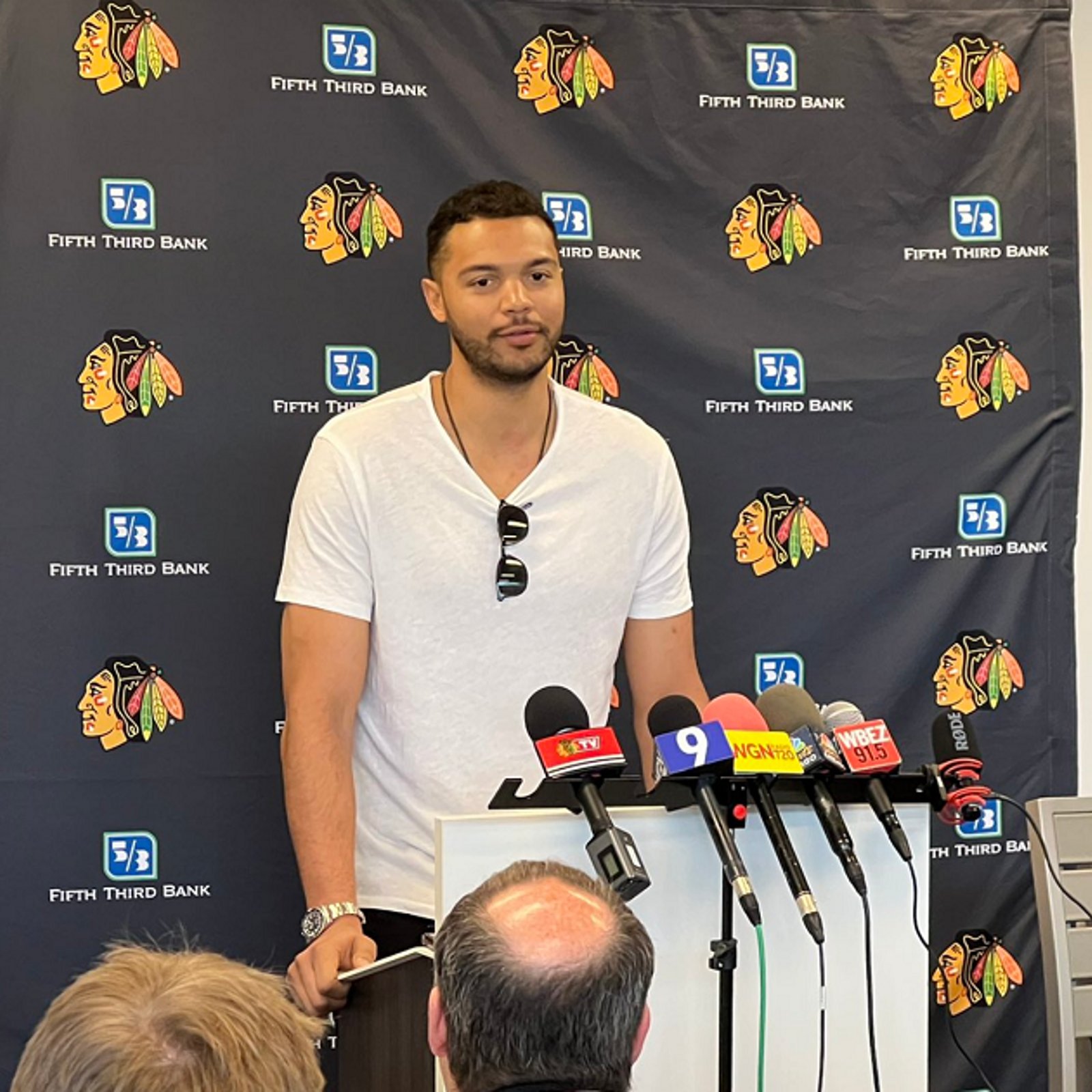
- Jonathan Larivee
Seth Jones' comments rub fans in Chicago the wrong way.
- NHL News
- 3 minutes read
